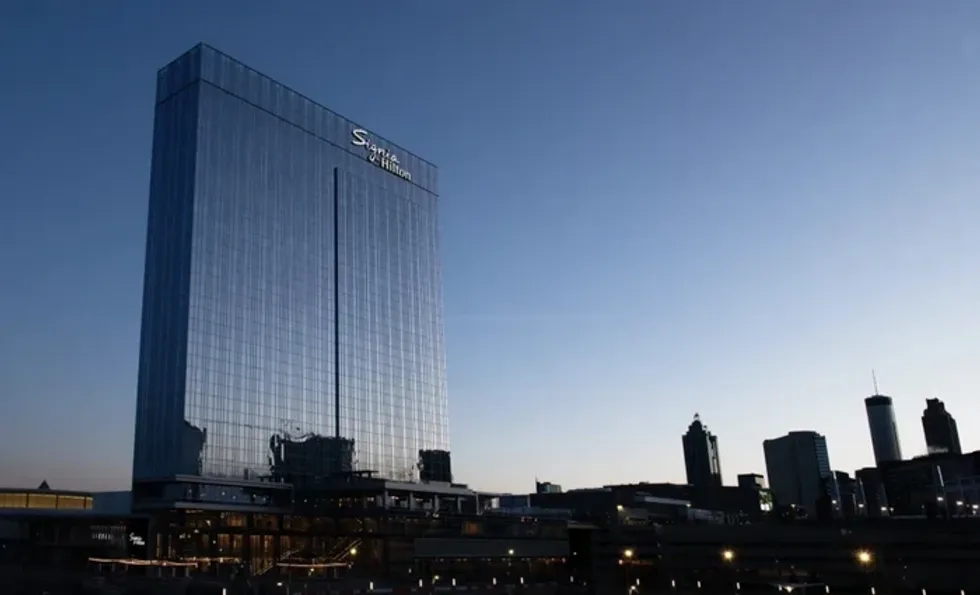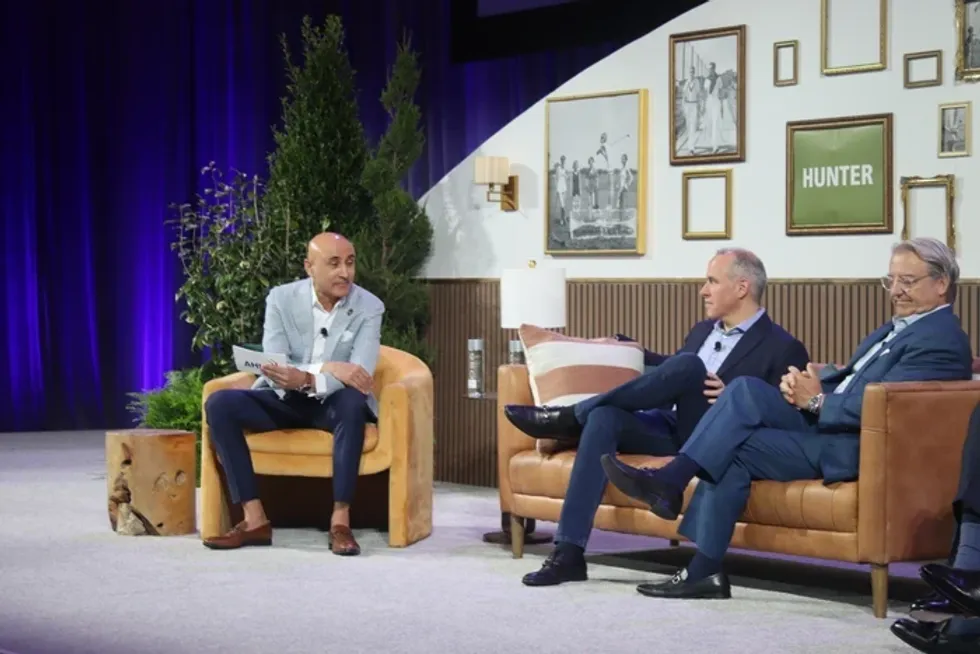HOTELS DOING BUSINESS in the COVID-19 pandemic environment will need to focus on providing enhanced cleaning protocols if they want to attract guests. That will come a cost, however, and that cost may be around $9 billion a year according to a report from hospitality asset management firm hotelAVE.
Hotel companies large and small have implemented new cleaning programs in response to the pandemic over the last two months, many following standards set by American Hotel & Lodging Association’s “Safe Stay” initiative. In its report, “COVID-19 Cleanliness and Social Distancing Protocols Could Cost Hotel Industry $9 Billion Annually,” hotelAVE suggests will have to find ways to improve efficiency and mitigate those costs.
“Simply put, hotels will need to reimagine many fundamental standards and practices if they expect to recover profitably and meet guest’s changing expectations at the same time,” the report said.
The primary sources of cost increases will be labor and operational supplies. For example, hotels with average stays under 1.9 nights that therefore cannot limit housekeeping services to every third night or longer could incur an additional five to seven minutes of cleaning time per room, according to hotelAVE’s operational efficiency division PostScript.
“High-touch and non-porous surfaces like door handles, light switches, lamps, clock radios, remote controls and phones will all require additional attention,” the report said. “Meanwhile, the processes to remove and launder terry and bedding will be different, as will the application of electrostatic equipment to spray soft goods and other hard-to-clean surfaces such as closet interiors.”
Public spaces will also require up to 50 percent more labor to maintain the increased frequency of cleaning of high-touch areas.
“Along with increased cleaning, hoteliers are also looking to modify traditional services and amenities in order to mitigate risk, such as reducing the footprint of the public areas, eliminating lobby coffee service, and modifying complimentary breakfast buffets,” hotelAVE said.
The cost of supplies is expected to increase about 30 percent due to the addition of in-room personal sanitizers, single-use items and personal protection equipment for housekeeping staff. The report recommends reducing in-room terry pars and bath amenities as well decluttering rooms infrequently used items to reduce cleaning and restocking requirements.
The report estimates that the average 150-room hotel should include approximately $30,000 in their reopening budgets to cover items like plexiglass barriers and signage to ensure proper distancing.
“Employee training, personal thermometers and an ample supply of hand-held electrostatic sprayers will be as important as vacuums, but at four times the cost,” the report said.
Adaptation will be key to success, the report concludes.
“Hotel operations are fundamentally changing as result of this pandemic, and the ability to create staffing plans and job classifications that reflect the new reality will be a major differentiator as hotels try to reopen, bring associates back, and lose less money,” it said. “Rather than assuming that the new cleaning and social distancing protocols will require additional staff and operating costs, asset managers and operational efficiency experts can help quantify a customized solution for each hotel that not only mitigates additional costs but also aligns with expected changing consumer behaviors.”
In the end, also, the investment will be necessary in the current situation, said Miraj Patel, president of Wayside Investment Group in Houston. He fully expects the new procedures will stay in place even after the COVID-19 pandemic has passed.
“As an industry, consumer expectation is going to skyrocket now,” Patel said. “Many times, when brands come up with brand standards, franchisees say that there's going to be too many things that we need to change out and the expense will be too high. But I think now, the franchisees are going to go ahead and do the extra mile when it comes to renovation because the consumer demand is just going to go up now after this whole situation. People want clean rooms and that's the bottom line.”







 2024 માં શરૂ કરવામાં આવેલી, હિલ્ટન એટલાન્ટેનિયર મર્સિડીઝ બેન્ઝ સ્ટેડિયમ દ્વારા સિગ્નિયા, જ્યોર્જિયા વર્લ્ડ કોંગ્રેસ સેન્ટર અને સ્ટેટ ફાર્મ એરેના, આવતા વર્ષે હન્ટર હોટેલ કોન્ફરન્સનું આયોજન શરૂ કરશે.
2024 માં શરૂ કરવામાં આવેલી, હિલ્ટન એટલાન્ટેનિયર મર્સિડીઝ બેન્ઝ સ્ટેડિયમ દ્વારા સિગ્નિયા, જ્યોર્જિયા વર્લ્ડ કોંગ્રેસ સેન્ટર અને સ્ટેટ ફાર્મ એરેના, આવતા વર્ષે હન્ટર હોટેલ કોન્ફરન્સનું આયોજન શરૂ કરશે. હન્ટર હોટેલ કોન્ફરન્સમાં એક પેનલ પર બોલતા, ડાબેથી, વિઝન હોસ્પિટાલિટીના પ્રમુખ અને સીઈઓ મિચ પટેલ; ગ્રેગ ફ્રીડમેન, પીચટ્રી ગ્રુપના મેનેજિંગ પ્રિન્સિપાલ અને સીઈઓ; અને રોબર્ટ વેબસ્ટર, CBRE ના વાઇસ ચેરમેન.
હન્ટર હોટેલ કોન્ફરન્સમાં એક પેનલ પર બોલતા, ડાબેથી, વિઝન હોસ્પિટાલિટીના પ્રમુખ અને સીઈઓ મિચ પટેલ; ગ્રેગ ફ્રીડમેન, પીચટ્રી ગ્રુપના મેનેજિંગ પ્રિન્સિપાલ અને સીઈઓ; અને રોબર્ટ વેબસ્ટર, CBRE ના વાઇસ ચેરમેન.









Canadian traveler picks Pakistan’s hospitality over India’s